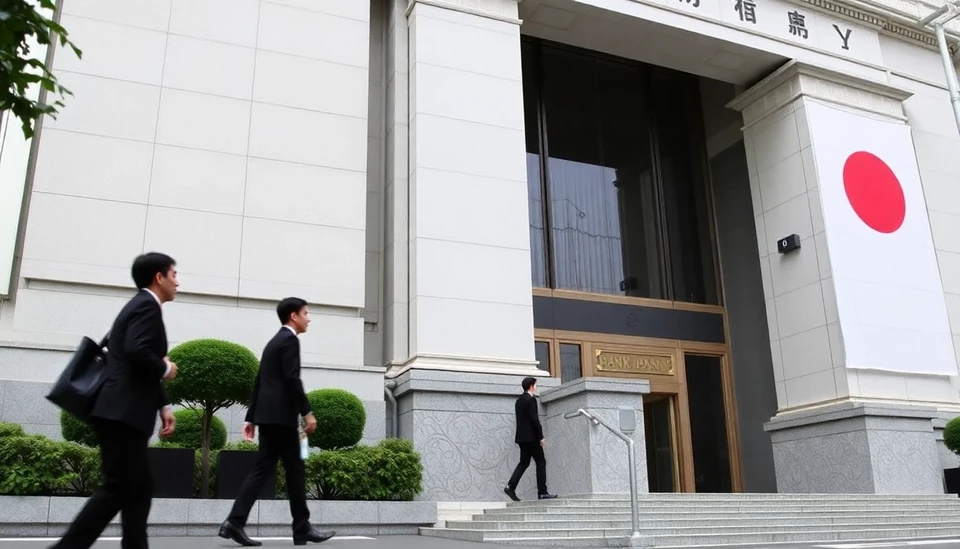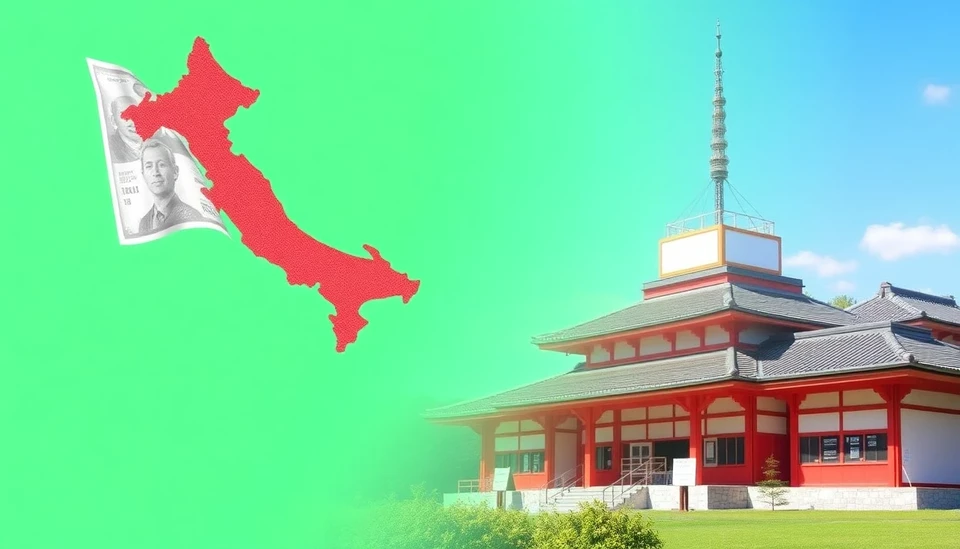
The Bank of Japan (BOJ) has decided to maintain its current monetary policy, a decision that comes in light of increasing political uncertainty related to both Japan's domestic landscape and the upcoming elections in the United States. As the world watches closely, the BOJ has opted for a cautious approach, choosing to sit tight and monitor global economic conditions before making any significant adjustments to interest rates or monetary stimulus measures.
This decision follows a series of recent economic indicators that have portrayed a mixed picture of Japan's recovery trajectory. Inflation remains a critical focus, as the BOJ has been trying to achieve its target inflation rate of 2% consistently. However, external pressures, including fluctuating commodity prices and shifting geopolitical dynamics, have complicated the central bank's efforts to stabilize the economy.
Specifically, the uncertainties brought by the electoral processes in the U.S. could have spillover effects on global financial markets, raising concerns over the stability of currencies and investors' appetites. In the past, changes in U.S. election outcomes have typically led to volatility in international markets, which can impact Japan's trade-dependent economy.
Moreover, within Japan, ongoing discussions about the future of economic policies have left many stakeholders wondering how the central bank will respond in the face of potential shifts in government policy. The BOJ's decision to hold its ground reflects a strategic move to avoid making abrupt changes that could exacerbate market volatility during this sensitive period.
The BOJ's leadership has indicated that they are prepared to adjust their stance should economic conditions warrant such action. However, they have reiterated their commitment to maintaining stability and supporting the economy as it navigates both international and domestic headwinds. The bank is likely to continue its efforts to stimulate growth through asset purchases and other measures while closely monitoring inflation indicators.
As the political landscapes evolve, all eyes will be on how the BOJ adapts to both internal and external pressures. In the coming weeks, the focus will shift toward economic data releases and the outcomes of the ongoing political processes which may further influence the central bank's future decisions.
Investors and analysts will be particularly attentive to the potential ramifications of the elections in the United States as they could cement shifts in global economic policy. In summary, the BOJ's current stance demonstrates a commitment to cautious optimism, reflecting the complexities and uncertainties of today's geopolitical environment.
It is clear that the BOJ's approach is a balancing act, striving to foster recovery while remaining vigilant of external disruptions. The results of this strategy will soon be put to the test as both Japan and the United States head deeper into their political cycles.
#BankOfJapan #BOJ #MonetaryPolicy #Japan #USElections #EconomicUncertainty #Inflation #InterestRates #GlobalEconomy #MarketVolatility #EconomicRecovery
Author: Daniel Foster




